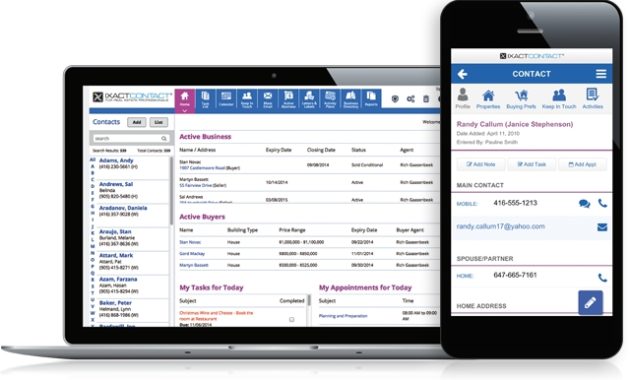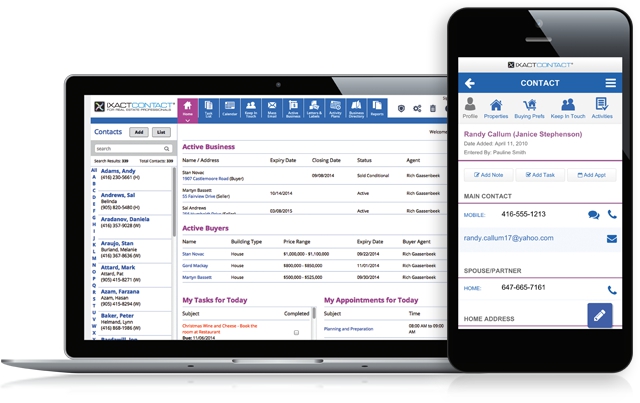
Unlocking Real Estate Success: The Power of Business Intelligence Software Applications
The real estate landscape is constantly evolving. It demands agility and informed decision-making. In this dynamic environment, real estate professionals are increasingly turning to real estate business intelligence software applications. These applications are transforming how businesses operate. They offer powerful insights. They drive strategic growth. This article explores the critical role of real estate business intelligence software applications in today’s market. We will examine their benefits, features, and impact on the real estate industry.
Understanding Real Estate Business Intelligence
Real estate business intelligence (BI) is the process. It involves collecting, analyzing, and interpreting data. This data helps real estate professionals make informed decisions. It encompasses a wide range of activities. These include market analysis, property valuation, and customer relationship management. BI tools provide a comprehensive view of the business. They help identify trends, opportunities, and risks. This leads to better strategic planning and execution.
Key Benefits of Real Estate Business Intelligence Software
Implementing real estate business intelligence software applications offers numerous advantages. These benefits are critical for success. They improve efficiency and profitability. They also enhance competitive advantage.
- Data-Driven Decision Making: BI tools provide access to real-time data. This empowers professionals to make data-driven decisions. They are no longer relying on gut feelings. Instead, they use concrete evidence. This leads to more accurate and effective strategies.
- Improved Market Analysis: Software analyzes market trends. It identifies potential investment opportunities. Users can track property values. They can also monitor competitor activities. This allows for proactive responses to market changes.
- Enhanced Customer Relationship Management: Many applications integrate with CRM systems. This allows for a 360-degree view of the customer. It improves lead generation. It also personalizes customer interactions.
- Increased Efficiency: Automating data collection and reporting saves time. It reduces manual errors. It allows professionals to focus on core activities. These activities drive revenue.
- Cost Reduction: By optimizing processes and identifying inefficiencies, businesses can reduce costs. This helps to maximize profitability.
Essential Features of Effective Real Estate Business Intelligence Software
Not all real estate business intelligence software applications are created equal. Selecting the right one is crucial. Consider key features. They will meet specific business needs.
- Data Visualization and Reporting: The ability to visualize data through dashboards and reports is essential. It provides at-a-glance insights. It allows for easy understanding of complex information.
- Data Integration: The software must integrate with existing systems. These include CRM, accounting, and property management platforms. This ensures a unified view of all relevant data.
- Advanced Analytics: Features like predictive analytics. They help forecast future trends. They also provide insights into customer behavior. This is critical for strategic planning.
- Mobile Accessibility: Access to data on the go is important. Mobile access allows professionals to make informed decisions. It does this wherever they are.
- Customization Options: The best software offers customization. This allows users to tailor the system. It meets specific business needs. This is important for flexibility.
Real-World Applications of Real Estate Business Intelligence
Real estate business intelligence software applications are versatile. They can be used across various areas of the real estate business.
- Property Management: Track property performance. Optimize rental rates. Manage tenant relationships. BI helps streamline property management operations.
- Sales and Marketing: Identify high-potential leads. Track sales performance. Optimize marketing campaigns. BI provides valuable insights.
- Investment Analysis: Evaluate investment opportunities. Assess risk. Make informed decisions. BI assists in making sound financial decisions.
- Portfolio Management: Monitor the performance of the entire portfolio. Identify underperforming assets. Make strategic adjustments. BI supports portfolio optimization.
- Commercial Real Estate: Analyze market demand. Evaluate potential tenants. Negotiate leases. BI helps in commercial real estate transactions.
Choosing the Right Real Estate Business Intelligence Software
Selecting the right software is a critical decision. It can significantly impact business performance. Consider the following factors.
- Business Needs: Define the specific needs and goals. Identify the data. Determine the reports that are required.
- Scalability: Choose software that can grow with the business. It should accommodate increasing data volumes. It should also support evolving needs.
- Ease of Use: The software should be intuitive. This will ensure ease of use. It also allows for quick adoption.
- Vendor Reputation: Research the vendor. Read reviews. Ensure they have a good reputation. They should provide reliable support.
- Cost: Evaluate the total cost of ownership. Consider the initial investment. Factor in ongoing maintenance and support costs.
The Future of Real Estate Business Intelligence
The future of real estate business intelligence software applications is promising. There is a growing trend towards advanced technologies. These include artificial intelligence (AI) and machine learning (ML). These technologies are enhancing capabilities. They provide deeper insights. They will also automate processes. This will lead to more data-driven decision-making. This will ultimately drive better business outcomes.
AI and ML are transforming the industry. They are helping in several ways. They are helping with predictive analytics. They are also assisting with automated data analysis. They also help with personalized customer experiences.
The adoption of cloud-based BI solutions is also increasing. This offers greater flexibility. It provides scalability. It also reduces the need for on-premise infrastructure. This makes BI more accessible to businesses of all sizes.
Case Studies: Real-World Success Stories
Many real estate companies have achieved significant success. They have done this by implementing real estate business intelligence software applications. Here are a few examples:
- Property Management Company: Increased occupancy rates by 15%. They did this by analyzing tenant data. They also optimized marketing efforts.
- Real Estate Brokerage: Improved sales conversion rates by 20%. They achieved this through better lead scoring. They also personalized customer interactions.
- Investment Firm: Reduced investment risk by 10%. They did this by using predictive analytics. They also made data-driven decisions.
These case studies demonstrate the tangible benefits of BI. They show how it can drive business growth. They also highlight the importance of making informed decisions.
Conclusion: Embracing the Power of Business Intelligence
Real estate business intelligence software applications are indispensable tools. They are essential for success in today’s competitive market. By leveraging the power of data, real estate professionals can make more informed decisions. They can also improve efficiency. They can also drive growth. Businesses that embrace BI will be well-positioned to thrive. They will be able to navigate the complexities of the real estate industry.
The key to success lies in selecting the right software. It is also about utilizing its features effectively. This ensures that you can gain a competitive edge. You can also achieve your business goals.
Embrace the power of real estate business intelligence. It is an investment in the future of your business. It is an investment that will pay dividends for years to come.
[See also: Related Article Titles]

